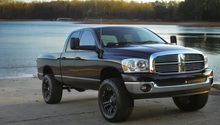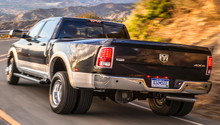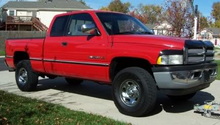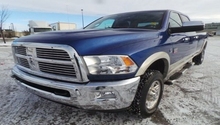Dodge Ram 2002-2008: General Information and Recommended Maintenance Schedule
The best way to save over the long haul is to stay up-to-date with your Dodge Ram 1500's maintenance schedule. Here's how.
This article applies to the Dodge Ram (2002-2008).
The Dodge Ram 1500 offers power, performance and a ruggedly designed exterior. Well-equipped and competitively rated for vehicle safety and crashworthiness, the Dodge Ram 1500 holds up well against other pickup trucks on the market today–not only in regard to general wear and tear but time as well. Follow your general maintenance schedule and you can expect to drive this aggressively styled pickup truck well past the 200,000-mile mark.
Component Breakdown
Fuel Economy
Great for hauling heavy loads, the Ram 1500 gets approximately 14 MPG in the city and 19 on the highway. The best way to improve your truck's fuel economy is to keep on track with your maintenance schedule.
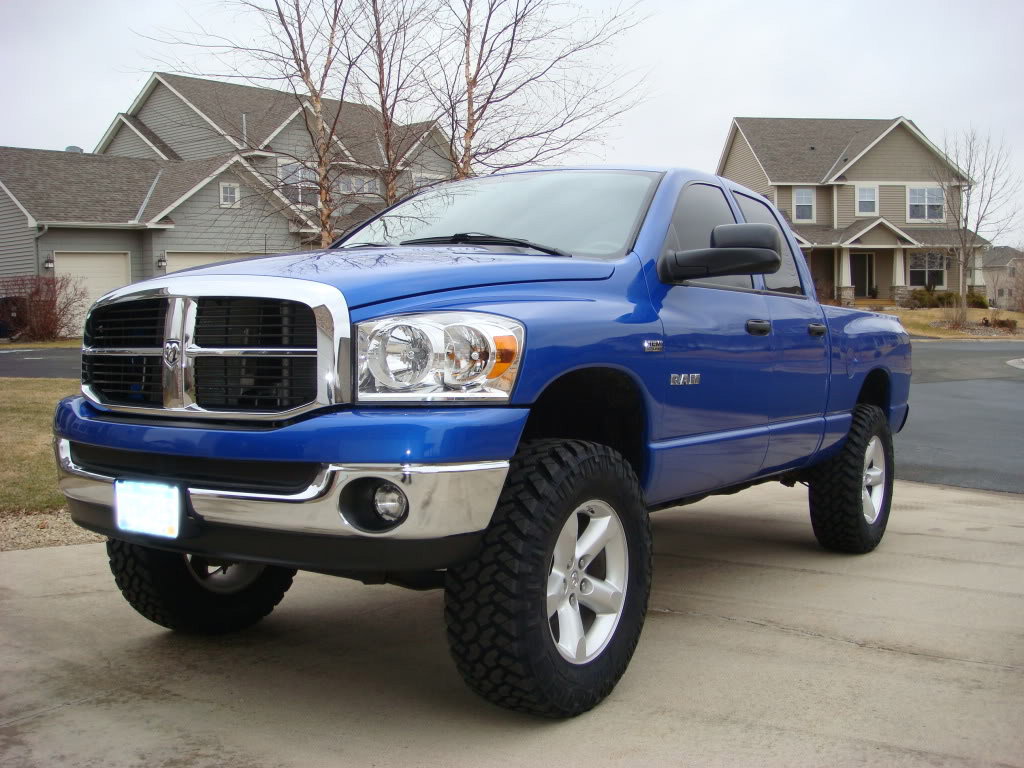
Engine System
Choose from three available engines: 310-hp, 4.7-liter V-8; 215-hp, 3.7-liter V-6; and 345-hp, 5.7-liter V-8. To maintain the health of your engine, have your engine oil changed regularly, avoid driving in stop-and-go traffic and have a tune-up at 60,000 miles, which should include having your timing belt inspected and/or switched out for a new one and having your belts checked for wear. Change your engine filter every 15,000 miles.
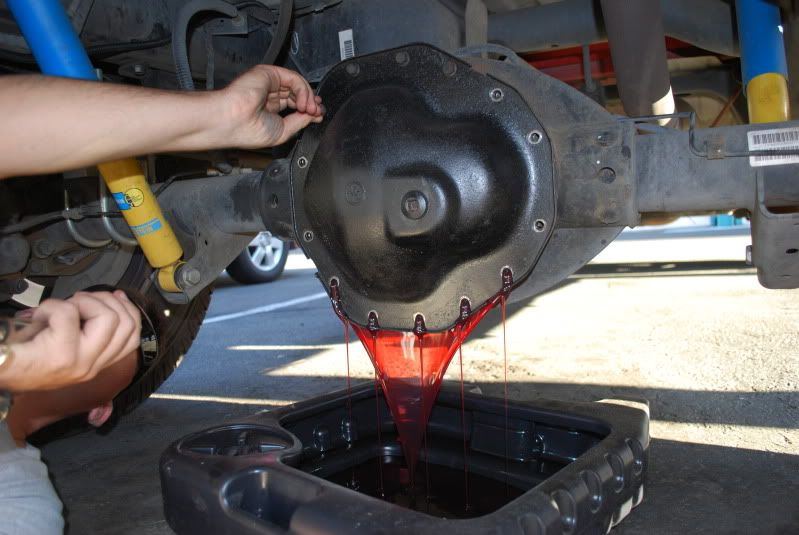
Tires
Having worn tires switched out is mandatory, especially for drivers who use their pickup truck to haul heavy loads. It's recommended that you have your wheel bearings inspected every 30,000 miles and replaced as needed.
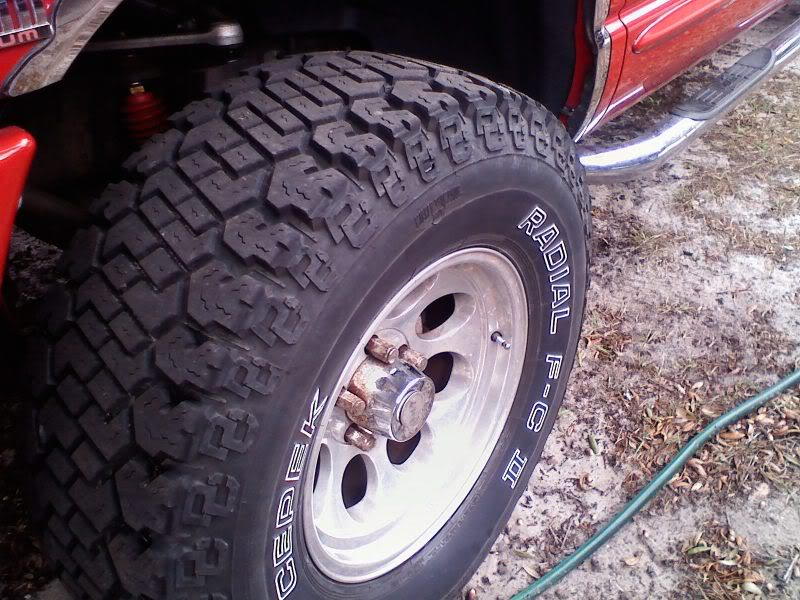
Scheduled Maintenance
Make sure to have your truck serviced regularly and checked for damaged or worn components. This includes having major systems checked at regular intervals and changing fluids as directed below:
Fluid |
Frequency by Mileage |
|---|---|
| Engine | 3,000 |
| Front and rear axle | 30,000 |
| Automatic Transmission | 30,000 |
| Power Steering | 100,000 |
| Coolant | 100,000 |
Common Questions
How often should I have my spark plugs changed?
Have your spark plugs changed every 30,000 miles.
What monthly checks should I be making?
Check tire pressure, fluid levels and all lights on a monthly basis. It's also recommended that you remain aware of all of the electrical items in your Dodge Ram. Report any inconsistencies in performance level to your local dealer. Finally, check your battery, including the terminals, for signs of corrosion. If you own a volt meter, you might want to check how powerful your battery is; it's recommended that you perform this check every six or so months.
Common Issues
Condition Known as "Brake Pull"
Front brake pull can occur for any number of reasons, including, but not limited to, loose or binding calipers, a damaged rotor or damaged wheel bearings to name a few. If the direction of the pull changes after several stops, the problem could easily be misdiagnosed as a dragging brake unit that needs to cool down. There could also be serious damage to your brake system that needs immediate attention. Make an appointment at your local dealership to have your entire brake system, including fluids, checked.
Brake Noise
Brake noise can occur after your Ram 1500 has been parked overnight or stored for a long period of time. The noise might be more noticeable after the first few stops; however, it should go away. Squealing and squeaking sounds are most likely the result of dirty brake fluid or a dirty brake lining. Have your brake system checked by a licensed dealer or automotive professional. Brake linings should be inspected every 12,000 to 15,000 miles.
Malfunctioning Clutch
The usual suspect is fluid contamination or contamination of the plate or discs, which might point to a leak. Have your local Dodge dealer check your rear main seal and transmission input shaft.
Front End Noise
The most likely culprit is a wheel bearing that is too loose or simply too worn down. A faulty steering or suspension component might also be at play. See your local Dodge Ram dealer for expert analysis of your suspension and steering systems.
Related Discussions
- Service Manuals - Dodgeforum.com
- Part Number Catalogs - Dodgeforum.com

